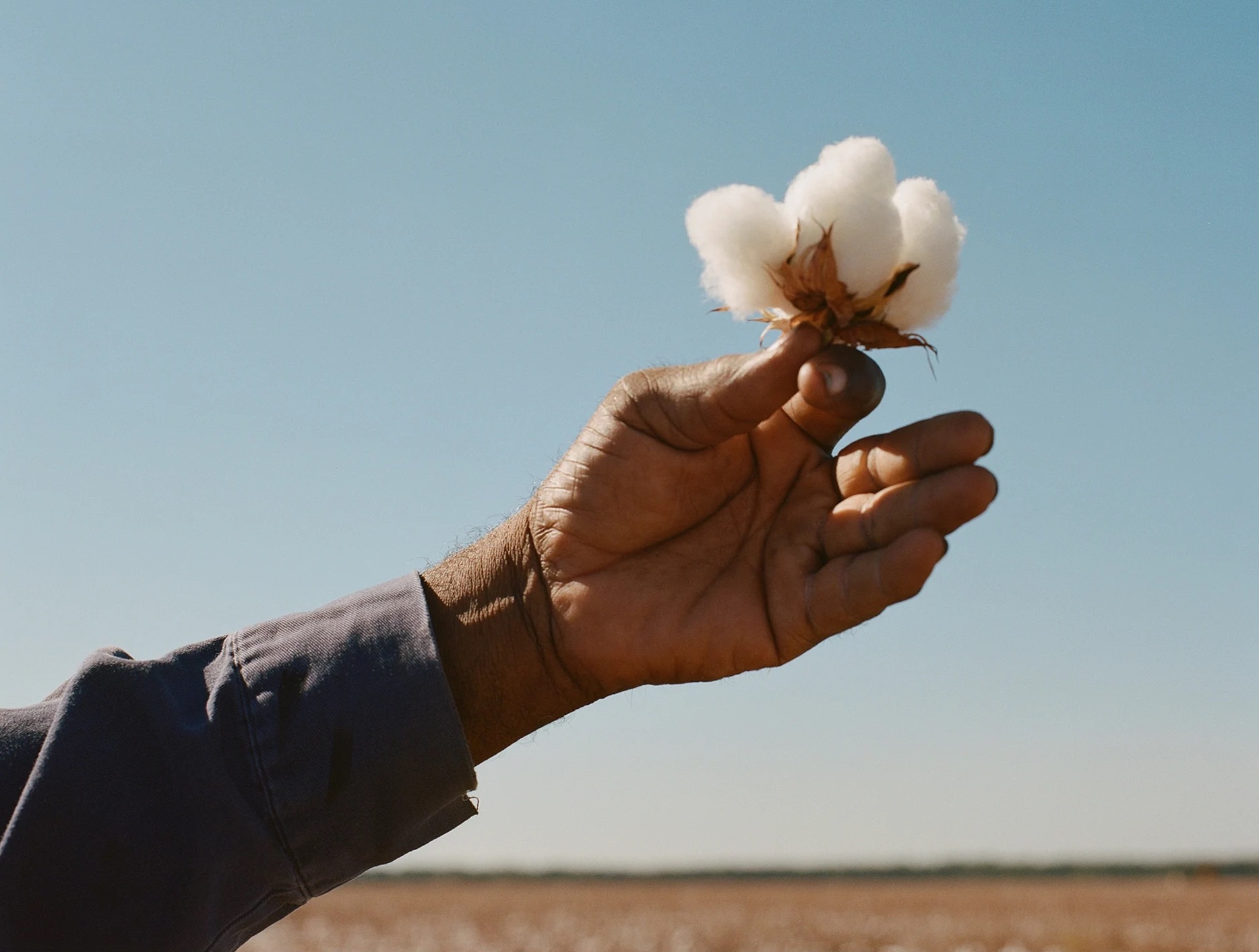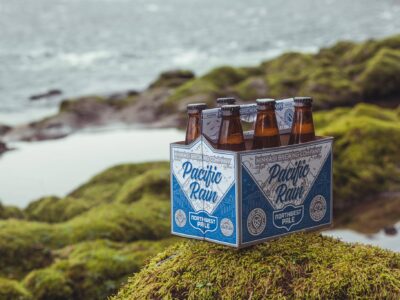“Farm to Closet” Takes A Step Forward At This LA Clothing Brand
The farm-to-table movement is well established in the restaurant industry, with more eateries embracing locally- and sustainably-sourced food to lower their carbon footprints. Much the same thing is happening in the fashion and apparel industry through the “farm-to-closet” movement, though it’s still in its early stages.
In the U.S., farm-to-closet means buying materials like cotton and hemp from U.S. farmers rather than importing them from overseas while also ensuring that the farmers practice regenerative agriculture.
One company on the leading edge of this trend is Citizens of Humanity, a Los Angeles-based upscale denim brand. In 2022, it entered a partnership with six U.S. farms to buy cotton at a price that will let farmers put profits toward sustainable farming methods, “Fast Company” reported.
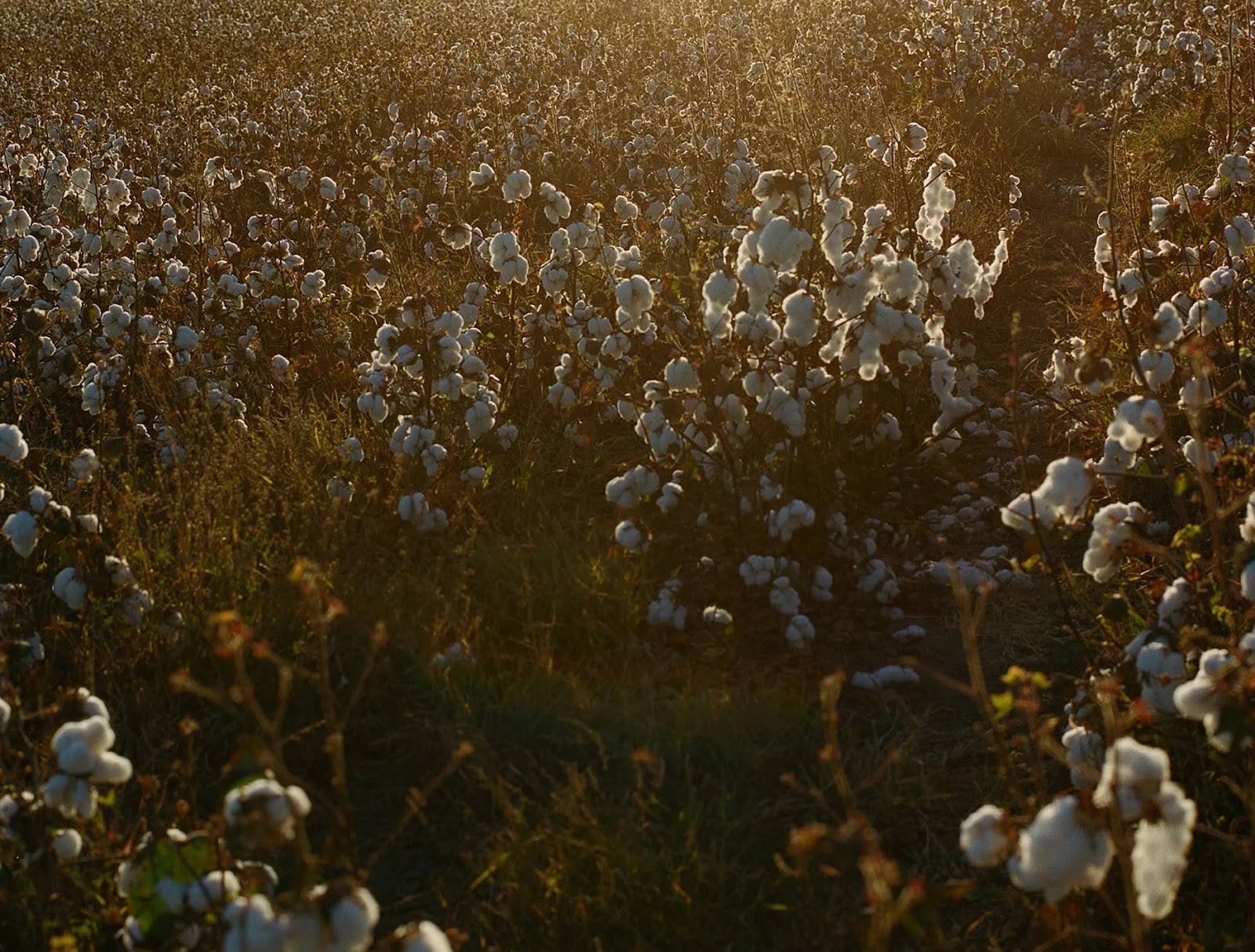
Photo Courtesy Kiss the Ground Cotton
The combined harvest was expected to yield enough cotton for a half-million pairs of jeans. Citizens of Humanity plans to sell the jeans at the regular price, with no markup. Longer term, its goal is to transition all of its products to regenerative cotton whenever possible, CEO Amy Williams told “Sourcing Journal” in a 2022 interview.
“This is not a capsule group,” Williams said. “We feel really deeply committed to this work.”
That work includes fighting climate change and helping U.S. farmers stay afloat. The six-farm partnership spans 800 acres of farmland. Williams told the “Sourcing Journal” that she estimated the cost at about $1 million for the initial harvest.
Citizens of Humanity also announced a partnership with Kiss the Ground called “Kiss the Ground Cotten,” a strategy for promoting regenerative agriculture with a trademark. It will let consumers know what they buy is made with cotton grown using regenerative farming methods. According to a press release, Kiss the Ground Cotton will debut in the fashion company’s Fall 2023 collections across its brands.
Citizens of Humanity has been around for a while, having gotten its start in 2003 — its other brands include AGOLDE and Goldsign. As the company noted on its website, its Los Angeles-based designers “travel the world” sourcing fabrics and “seeking inspiration.” Its products are manufactured at its own sewing and laundry facilities in Los Angeles and Turkey and facilities run by select partners.
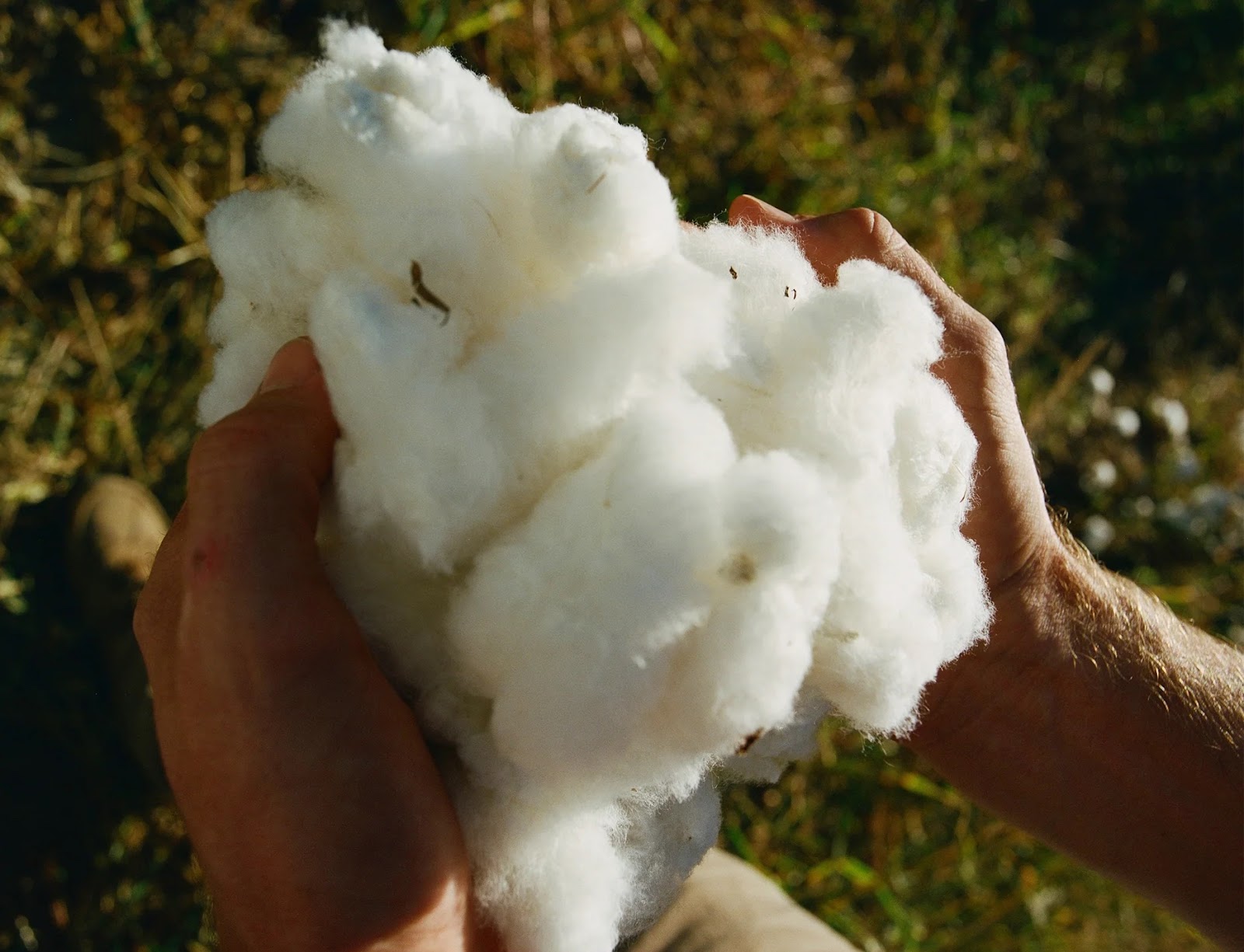
Photo Courtesy Kiss the Ground Cotten
Citizens of Humanity offers recycled goods and has embraced eco-friendly operational gear such as laser technology, ozone wash machines, and recycled water systems to reduce its carbon footprint.
The new farming partnership represents a further step in Citizens of Humanity’s sustainability program — especially with its emphasis on regenerative agriculture. The practice helps keep soil and crops healthy without synthetic fertilizers and harmful chemicals.
“In layman’s terms, regenerative agriculture is a holistic approach to restoring and rebuilding natural ecosystems for a given crop that contribute not only to the crop’s health but also to the overall soil health,” Kish Johnson, national sales director at Advancing Eco Agriculture, told “Sourcing Journal.”
Regenerative agriculture is a “growing movement” in the fashion industry, according to Fast Company. Large apparel brands like Patagonia and Levi’s have invested in “large-scale” regenerative farming projects in Europe and Asia. Smaller brands, such as Christy Dawn, have partnered with farmers in India to buy regeneratively grown cotton.
Citizens of Humanity’s regenerative farming project “stands apart” because it provides a “blueprint for American fashion brands interested in building a sustainable supply chain here in the U.S., starting with establishing relationships directly with farmers,” Fast Company reported.
One of the leaders in regenerative agriculture is Hardwick Planting Co., a fourth-generation family-run farming business in Louisiana owned by brothers Marshall and Mead Hardwick, “Sourcing Journal” noted. In addition to partnering with Citizens of Humanity, Hardwick last year became the first American farm to be certified regenerative by Control Union, a British agricultural inspector.
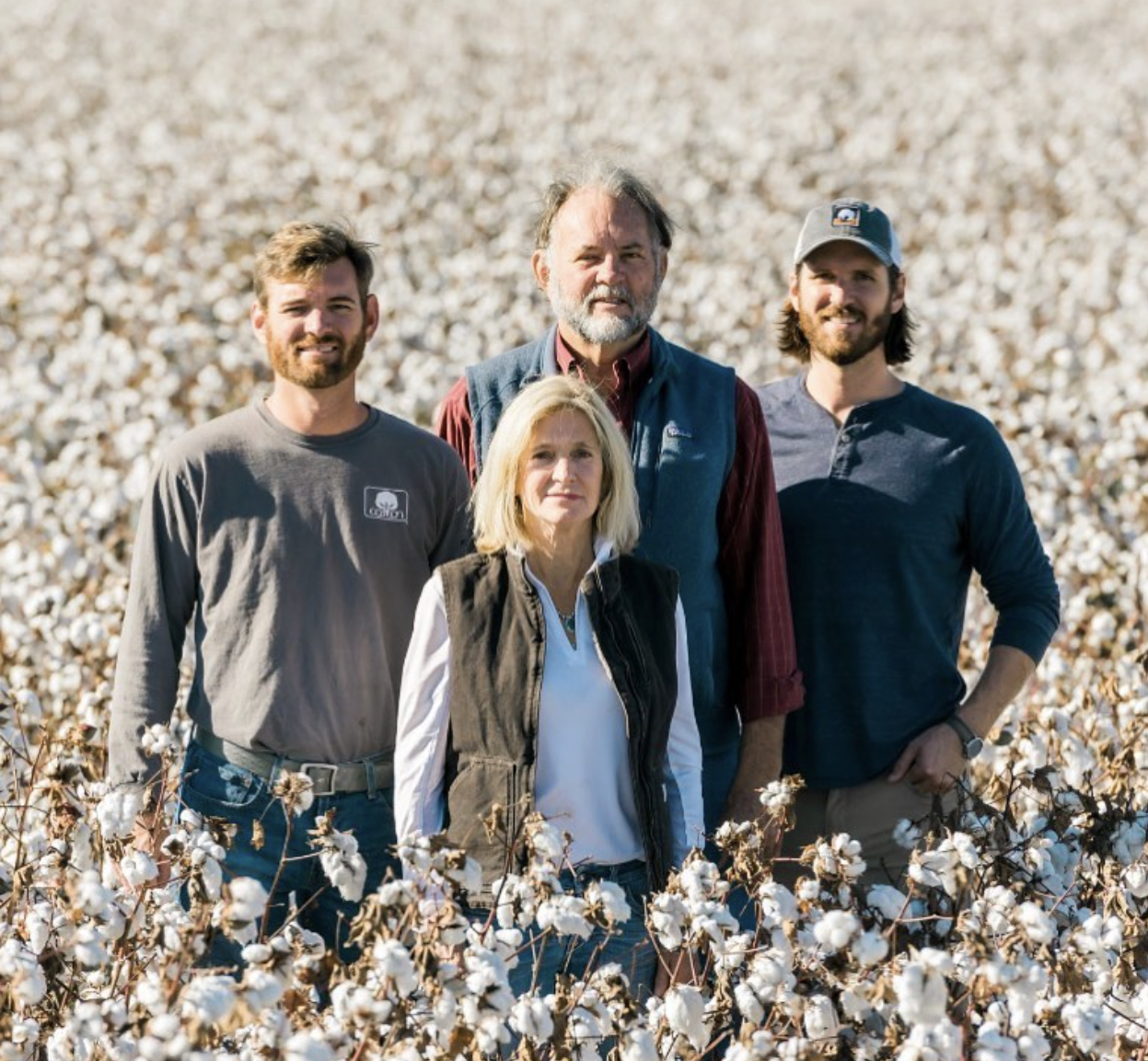
Photo Courtesy Hardwick Planting Co
“Farmers are always trying to increase their crop load,” Marshall Hardwick told “Sourcing Journal.” “The bottom line is that it just makes them more profitable, but how we go about doing it needs to be extremely responsible as we can destroy our environment.”
“The United States farmer is about 1.5% of the U.S. population, and we take great pride in saying that we feed, shelter, and clothe the remaining population,” he continued. “But you have to do it in a responsible way.”

